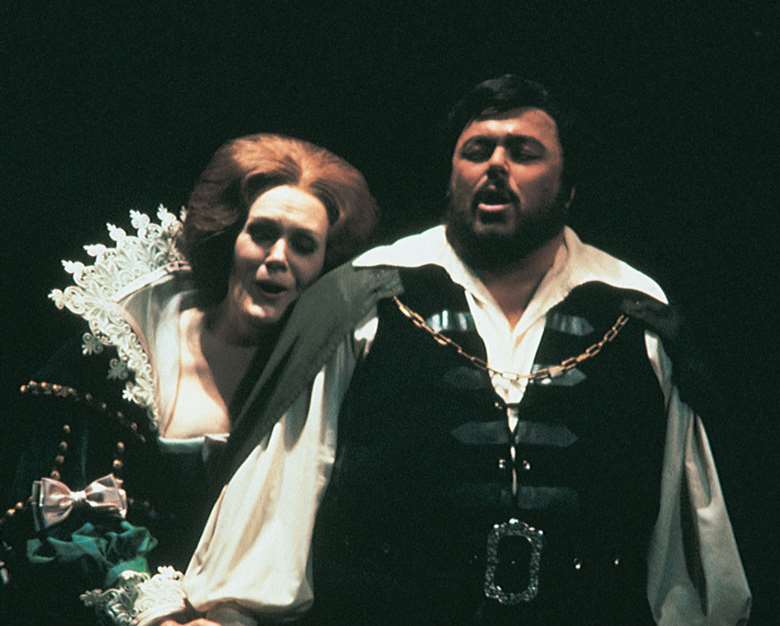Pavarotti – the voice on record
Michael Oliver
Saturday, August 5, 2017
Michael Oliver assesses over 30 years' output of recordings of remarkably sustained quality

Register now to continue reading
Thanks for exploring the Gramophone website. Sign up for a free account today to enjoy the following benefits:
- Free access to 3 subscriber-only articles per month
- Unlimited access to our news, podcasts and awards pages
- Free weekly email newsletter








